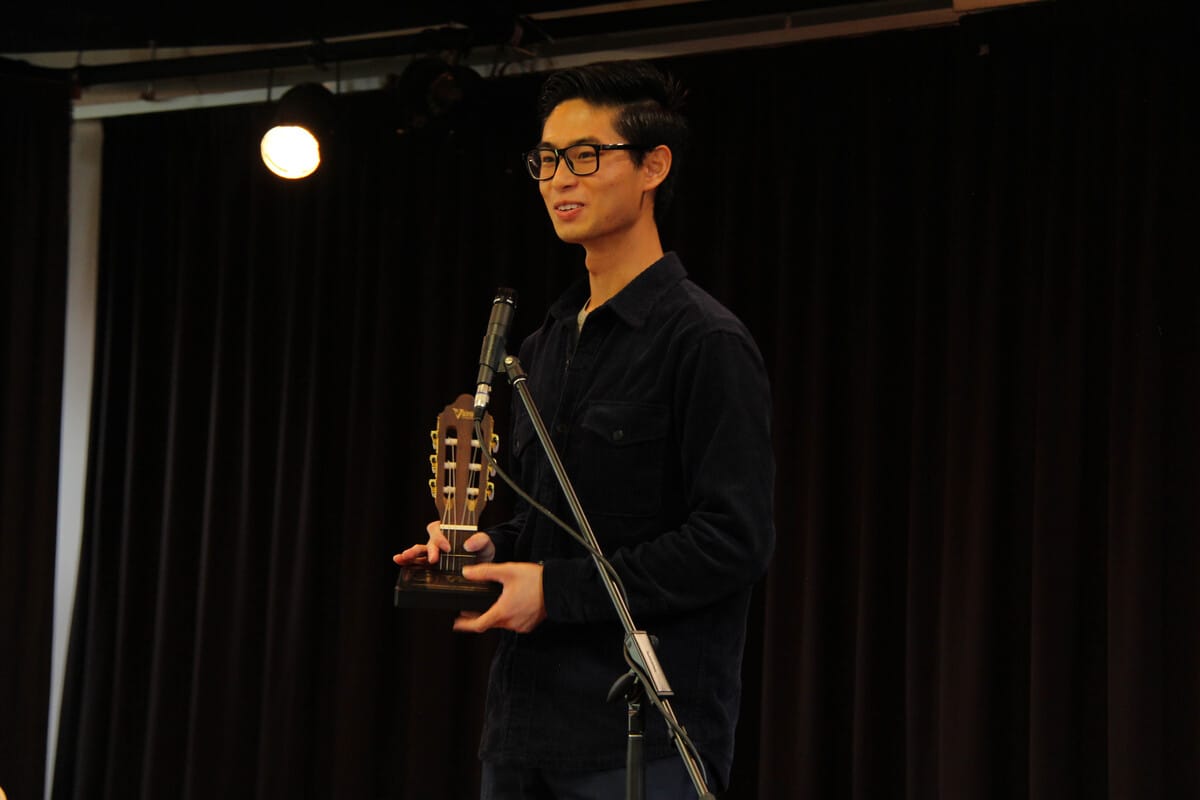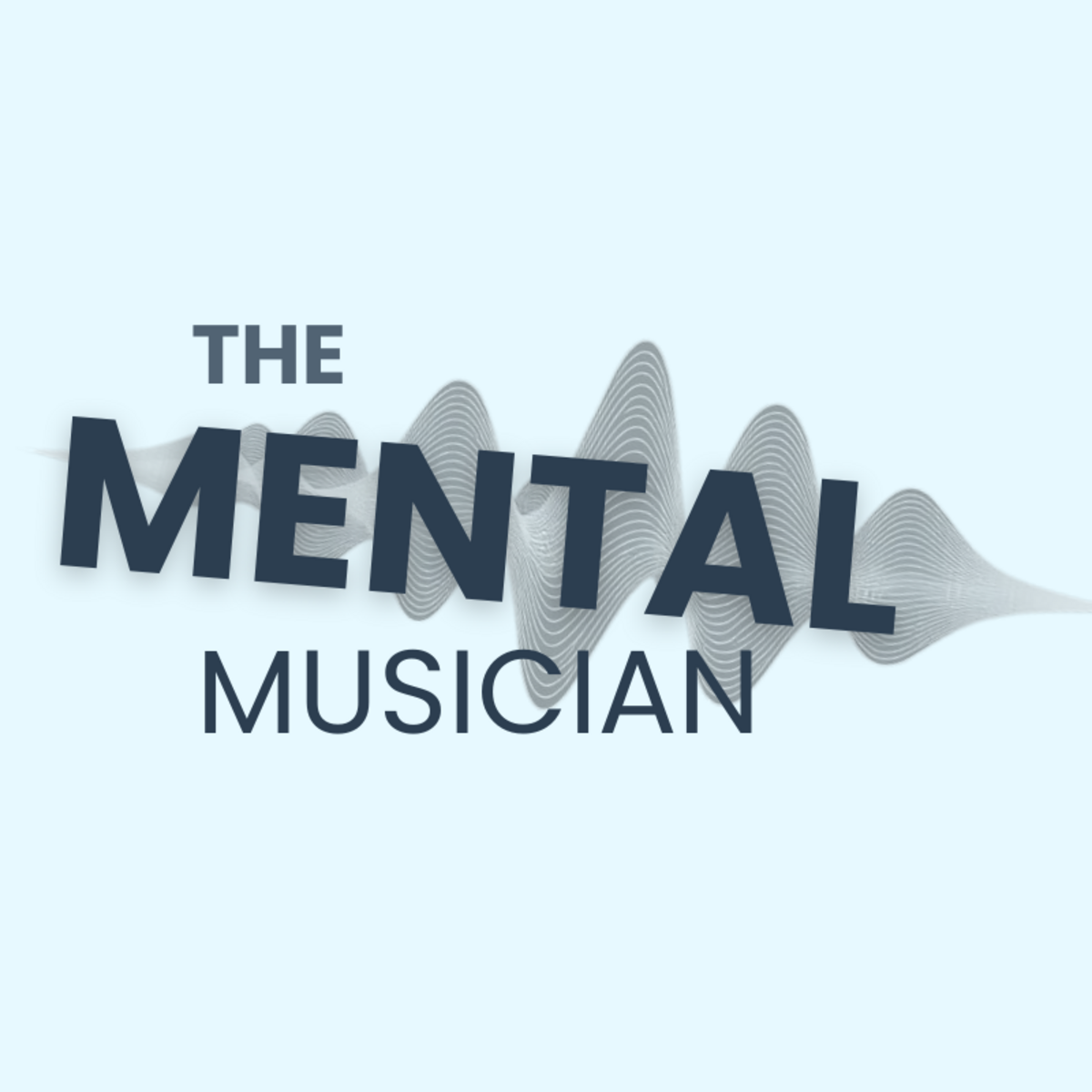Growing up, I couldn’t stand the kid who always said:
“My parents said I could be anything I want when I grow up.”
Because, my life was completely defined by everything I wasn’t.
Throughout my childhood and into high school, choices were made for me as if my path was already carved in stone. If I wasn’t the quintessential Asian kid excelling in math, science, and English, I was sent to a tutoring centre five times a week — what I liked to call my “second prison of the week.”
I was told I couldn’t do martial arts because I wasn’t Jackie Chan or Bruce Lee. But the swimming lessons were fine.
Cricket? Out of the question, because apparently, Chinese-Vietnamese kids don’t play cricket. But tennis was acceptable.
Here’s a truth that some might find embarrassing but perfectly captures my childhood:
I was told I couldn’t have my own bed and had to share with my mother because I was too young. I didn’t get my own bed until I was 12. One day, while my mother was out grocery shopping, I took matters into my own hands and moved my bed into the spare room.
This act of quiet rebellion set the tone for the choices I’d make later in high school. In 11th grade, I did the unthinkable — I became the very first Asian student at my school to drop mathematics as an elective.
Instead, I chose English Extension, physical development, business, and, of course, music as my electives. Every decision was deliberate.
I chose English Extension because I loved telling stories.
The first time I got to write a story was in kindergarten.
Our teacher assigned us to write a simple three-sentence paragraph about a tiger.
I wrote a whole page.
I still remember walking up to my teacher’s desk to hand in my work, only to see her face freeze in shock for at least 15 seconds.
“Did you write this all by yourself, Brian?!” she asked, eyes wide with amazement.
I nodded.
I was five.
“You weren’t supposed to write this much, Brian!” she exclaimed, still astonished.
I felt embarrassed, wondering if I had done something wrong.
But her disbelief turned into praise, and she sent me to the 1st-grade class to show them my work.
It was every 5-year-old’s dream — to show off to the big kids and say:
“Up yours, I’m smarter than all of you!”
By 11th grade, I started to dream about becoming a writer. Maybe I’d be a journalist, covering sports, music, or business. I wasn’t sure yet.
In 2015, I wrote an article about Australia’s cricket crisis, suggesting improvements for the upcoming England tour.
When I asked my English teacher to read it, she dismissed me with:
“Stick to something practical. There’s no work in journalism anymore. You can’t be a writer.
Practical, as in predictably dull. It was like being given a map with all the exciting destinations crossed out.
And just like that, my first ambition was crushed
I was not a writer.
Ironically, music — my one true passion, etched into my very DNA — has brought its own set of challenges and doubters.
Fast forward to my first week at the University of Sydney in 2021.
I was six years out of school.
By then, I had worked as a full-time teacher for six years.
I had 35 clients and had just moved out of home.
That first week felt like the university gates whispered, “You don’t belong here.”
Out of 112 students in the jazz performance cohort, I was one of only two who had never played in a jazz orchestra. In fact, I’d only begun studying jazz two years earlier.
It was a classic “meet-cute” when I stumbled upon Miles Davis’s Kind of Blue one day, and instantly, I knew I had to dive into jazz.
Every other student in my group had been living and breathing jazz before they hit puberty.
Some of them probably grew their first armpit hair during a saxophone solo.
I was not a jazz musician.
At the end of the week, I realized my class schedule clashed with my teaching commitments, so I approached the Dean of Jazz.
I asked if my schedule could be adjusted, explaining that, unlike the 18- and 19-year-olds, we older students had full-time jobs and rent to pay.
He looked at me as if I’d asked him to move mountains. “How many students do you teach a week?” he inquired.
“Thirty, sometimes thirty-five,” I replied.
What followed was the longest “no” I’ve ever heard.
“Oh nooooooooooooo! You can’t teach thirty students. Even twenty is too much. I can’t do fifteen!”
I was baffled.
“Why not?” I asked, trying to keep calm, though I was seething inside.
“Well, you just can’t, Brian! You’re a jazz musician now, not a teacher.”
So, I wasn’t a teacher now.
These are just a few examples of when I’ve been told what I wasn’t or what I couldn’t be.
But here’s the thing:
Despite being told I wasn’t supposed to write a page about a tiger, I still did.
Despite being told I couldn’t be a writer because journalism was dead, I kept writing articles about my favourite sports teams.
Spoiler alert: ten years later, I am a full-time writer focused on mental health in the music industry.
Despite being told I couldn’t teach 35 students a week, I maintained my clients while studying full-time.
Three months after the Dean told me teaching 35 students was impossible, Sydney entered its second COVID-19 lockdown.
Every other student in my class had no choice but to lock themselves away, practising their instruments endlessly.
I, on the other hand, continued teaching and grew my business.
By the time COVID restrictions lifted, I had enough clients to open my first music school in 2022.
Life constantly reminds us of what we can’t do and what others say we shouldn’t do until we start believing it ourselves.
I could have spent my life focusing on what I wasn’t.
I wasn’t your typical Asian kid who excelled in math and science.
I wasn’t your typical high school graduate who went straight to college.
I wasn’t your typical jazz musician, adhering to the rules of tradition and purity.
For all the things I couldn’t do, there are some things I could.
I didn’t excel in math and science, but I am a creative writer who can tell a compelling story.
I didn’t enroll in a traditional college program after high school.
Instead, I travelled the world and planted the seeds of my entrepreneurial journey.
I couldn’t play a jazz solo that impressed my classmates and lecturers.
Instead, I played guitar in a way that mesmerized people, making them wonder, “How did he do that?!”
I couldn’t become a jazz musician…
…so I became a teacher and writer, advocating for better mental health for artists in the music industry.
This understanding has taught me one of the most valuable lessons of my life:
It’s all too easy to say, “I can’t do this; it’s not who I am.”
Many spend their lives lamenting what they lack rather than appreciating what they have.
It doesn’t matter what aspect of life it is, whether it’s:
Professional skills
Mindset
Or even those diamond earrings you don’t have
I spent half my life accepting defeat instead of chasing victory.
When I opened my first music school in 2022, I spent six months under immense emotional stress, constantly telling myself:
“How will I succeed if I’ve never run a business before?”
“I only know how to teach music students, not manage a whole team.”
“I don’t have enough money right now.”
The stress was so overwhelming that I lost 7 kg between June and July 2022.
Eventually, I opened my school in September 2022.
Even then, I felt burdened by the weight of what I couldn’t do — mentors telling me what was impossible, friends advising me against my decisions.
It’s no wonder I had to shut down my school in December 2023, just 15 months after opening.
The most profound lesson I learned from that experience was:
“Don’t let what you can’t do get in the way of what you can do.”
And that’s exactly what I’ve done since December 2023.
I’ve reopened my school with a clear vision of how I want to run it.
I’ve written daily on LinkedIn and published 60 articles on Medium, sharing my mental health journey and thoughts on the music industry.
Has it been easy?
Absolutely not.
But I never expected it to be. Choosing to fight against the tide is challenging, which explains why only a few achieve greatness.
However, I don’t aim to reach the heights of my musical idols like Stevie Wonder, John Mayer, Tommy Emmanuel, Chris Martin, or Ed Sheeran.
I’m not after the accolades my favourite writers, like Ryan Holiday, Adam Grant, or Morgan Housel, have achieved.
All I want is to give myself the best chance to do what I love.
Now, I see those “cannots” for what they truly are: signposts pointing me toward what I can achieve.
My story isn’t about being limited by what I’m not; it’s about discovering the vast potential of what I am.
And it all starts with saying — “I can.”

